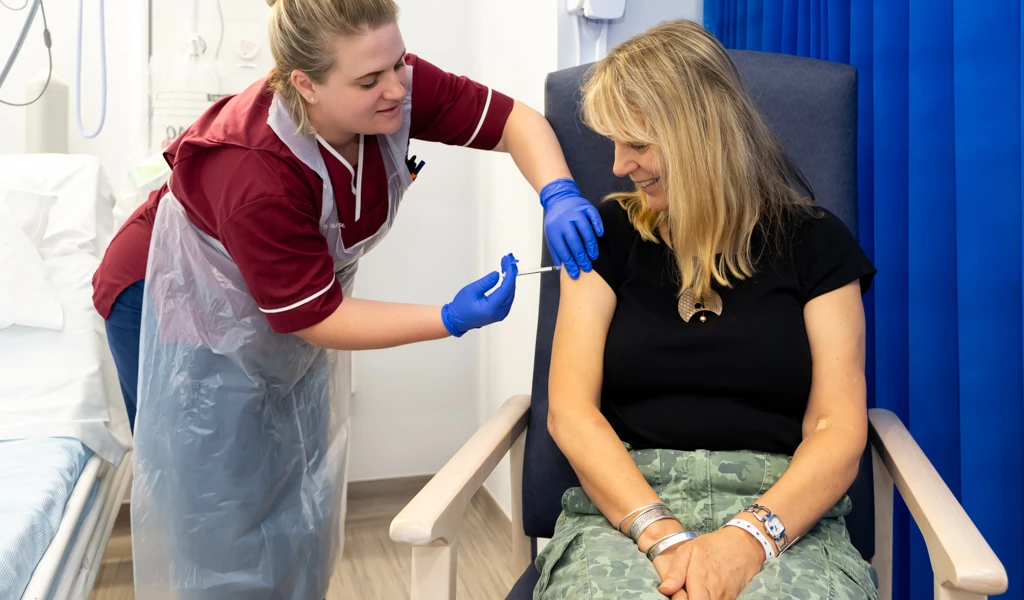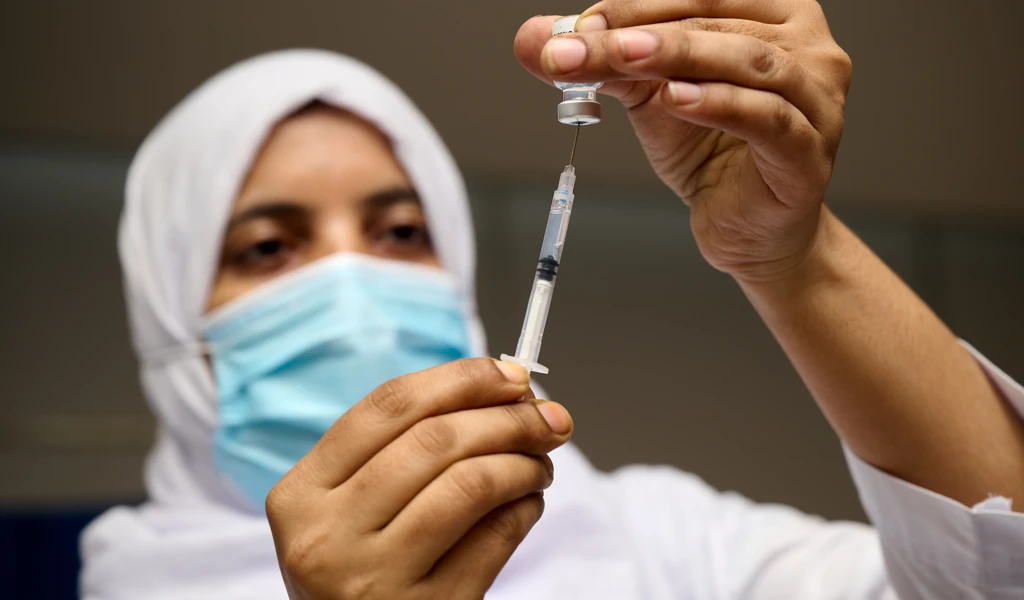CEPI invites vaccine developers and manufacturers to join global outbreak response network

CEPI aims to create a global network of vaccine facilities that can rapidly respond to a future epidemic or pandemic.
As part of the network, existing vaccine facilities will work to develop, produce, store, and test vaccine candidates in response to new infectious disease outbreaks.
The effort will support CEPI's aspirational goal to develop vaccines in 100 days and enable rapid, local access to potential life-saving vaccines.
CEPI is now inviting existing vaccine developers and production sites to express their interest in being part of the network.
As it continues to progress its global pandemic preparedness strategy, CEPI has announced plans to create a global network of vaccine development and manufacturing facilities which can rapidly respond to epidemics or pandemics.
The facilities—to be selected by CEPI—will be promptly called upon to respond to an expanding emerging infectious disease outbreak by rapidly manufacturing and supplying vaccine for clinical testing or mass vaccination. CEPI will offer support through workforce training and matching vaccine developers with manufacturers so that facilities are ready to quickly produce doses at scale when required.
Preparing facilities ahead of future outbreaks will support CEPI's goal to shorten the time taken to develop future vaccines to 100 days—a third of the time it took to develop the first COVID-19 vaccine. Simultaneously this will improve vaccine production capacity and capability in regions currently underserved or with no such provision.
As sites will be globally distributed, the network would enable rapid access to vaccine doses worldwide, with a focus on improving access to doses in low- and middle- income regions. It could also allow for vaccine production to take place closer to the source of an outbreak thereby potentially enabling faster vaccine distribution where it is needed.
CEPI will seek to help keep the vaccine facilities sustainable and ‘warm' through continued operation during interpandemic periods (in ‘peace-time'). For example, in non-pandemic times, the network could be asked to lead on programmes to support development and production of vaccines against endemic diseases like Lassa fever or yellow fever, while remaining ready to switch to a novel disease threat when required. This would mean facilities avoid being left idle when other diseases continue to infect local populations, while also serving as sites to train workers so that they are ready to respond to a future outbreak.
Open for applications
An Expression of Interest is open for global developers, manufacturers, and government agencies with vaccine development and production facilities to express their interest in being part of the network. Applications will be initially reviewed against a set of criteria. Additional funding may be provided to facilities where there are current gaps in their set-up.
CEPI expects to identify facilities by November 2022, with the aim to establish up to 7 high potential facilities over the next 2 years as part of the network.
Particular attention will be given towards enhancing vaccine manufacturing efforts in Africa, the Middle East, Latin America and the Caribbean, South-East Asia and the Western Pacific - regions identified in a 2021 CEPI survey where vaccine production capabilities and capacities need to be established and/or expanded to boost localised vaccine production efforts. This will further enable countries within these regions to take ownership of their national health security.
If the world is serious about preventing pandemics, we need a significant step-change in how we develop and manufacture vaccines, especially if we are to advance vaccines against novel pathogens in 100 days.
We have to make vaccines better, faster, cheaper, easier to manufacture and closer to where they will be administered, especially in resource-poor settings. Creating a unique network of vaccine facilities which can be quickly called upon to enter ‘outbreak response mode' offers a revolutionary new approach as to how we respond to infectious disease outbreaks and achieve global vaccine equity.
It will enable regional development and manufacturing of epidemic and pandemic vaccines for local populations, while also allowing for these facilities to be used for other public health threats in non-pandemic periods.
Advancing global vaccine manufacturing
New and/or expanding partnerships have already been announced as part of CEPI's forward-looking strategy with the African Union and Africa CDC, the International Finance Corporation, and Institute Pasteur de Dakar in Senegal to support building vaccine manufacturing capacity on the African continent.
CEPI is also working in close collaboration and participation in the Partnership for African Vaccine Manufacturing (PAVM) and has announced a Call for Proposals to advance thermostable vaccine innovations to remove complex cold chain requirements and increase access to vaccines in low-resource settings.
Wellcome Leap has co-launched a new programme with CEPI to increase the number, diversity, affordability, and availability to RNA countermeasures to better prepare for future pandemics.
Find out more
Further information and how to apply to join the network is available here.
The deadline for applications is 11 April 2022. CEPI will not fund building or physical renovation of vaccine manufacturing facilities. The Expression of Interest could be re-launched in future years to onboard new facilities.
Learn more about CEPI's $3.5 billion pandemic preparedness plan here. For more information about CEPI's 100 Days Mission, visit here.


